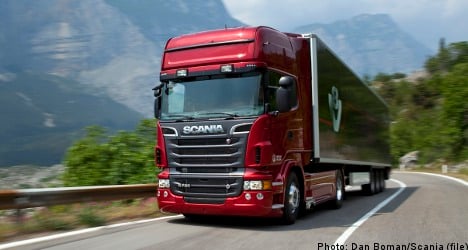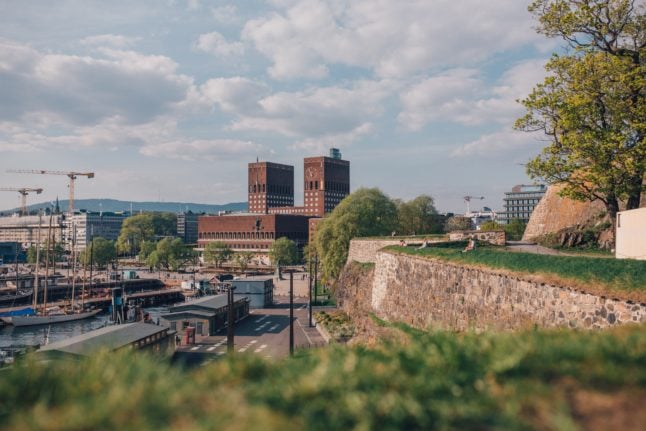Scania said Wednesday posted 2010 annual profits up eightfold following recovery in the industry last year while the company, controlled by Germany’s Volkswagen, also said it saw flat demand for the year ahead.
Scania and Germany’s MAN “have been investigating a possible combination” since late last year but “no decision has been made, since there are a number of outstanding issues of a commercial and legal nature,” Scania said.
The CEO of MAN — a truck industry heavyweight which is 30 percent owned by Volksvagen and itself owns 13.4 percent of Scania — had told the company’s internal magazine Tuesday “it is completely logical to reinforce our cooperation” with Scania.
“But it is out of the question to do anything that could endanger our brand,” Pachta Reyhofen said.
German business newspaper Handelsblatt meanwhile said Wednesday “risks (had
surfaced) that could lead to … a reconsideration of Volkswagen’s entire strategy in the truck business.”
The paper, which noted both companies’ recent stock market gains as limiting merger possibilities, mentioned the possible opening by a Munich prosecutor of a corruption probe into MAN’s former subsidiary Ferrostaal and Brussel’s investigation into a truckmaker cartel.
Shortly after 2pm, Scania’s shares were down 6.20 percent to 134.6 kronor on a Stockholm stock exchange down 1.91 percent.
The company’s sales picked up in 2010 after a disastrous year in 2009 for the truck industry, which is extremely sensitive to the health of the global economy.
“Scania expects a level of demand in early 2011 similar to the level seen in the second half of 2010. The negative effects of the stronger krona, which impacted the fourth quarter of 2010, will be more pronounced during the first quarter of 2011,” the company said.
Scania’s net profit for 2010 was up eight times to 9.1 billion kronor ($1.42 billion), boosted by a sharp increase in sales, which were up 26 percent to 78.2 billion kronor, and a 91-percent leap in order bookings.
In the fourth quarter, the company’s net profit was 3.0 billion kronor, compared to 822 million kronor for the same period a year earlier thanks to sales up 22 percent.
The results are in line with the expectations of analysts surveyed by Dow Jones Newswires, who expected sales up 23 percent and a net profit of 2.96 billion.
Scania had some 35,500 employees at the end of 2010, an increase of 3,200 from a year earlier.
It said it delivered 63,712 trucks last year, 20,163 of them in the fourth quarter.



 Please whitelist us to continue reading.
Please whitelist us to continue reading.
Member comments